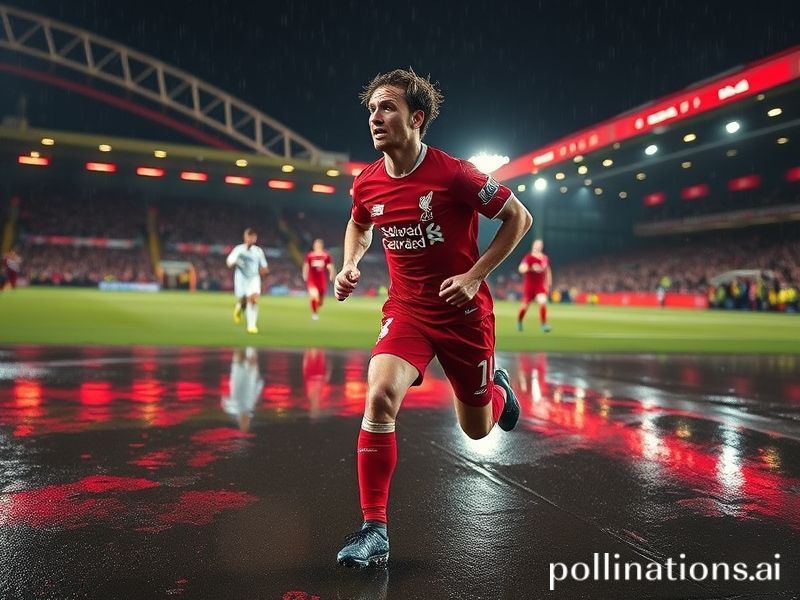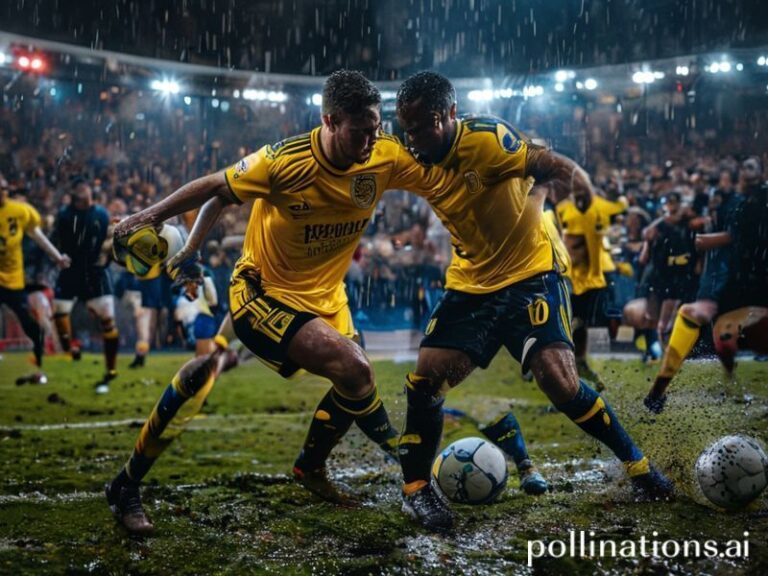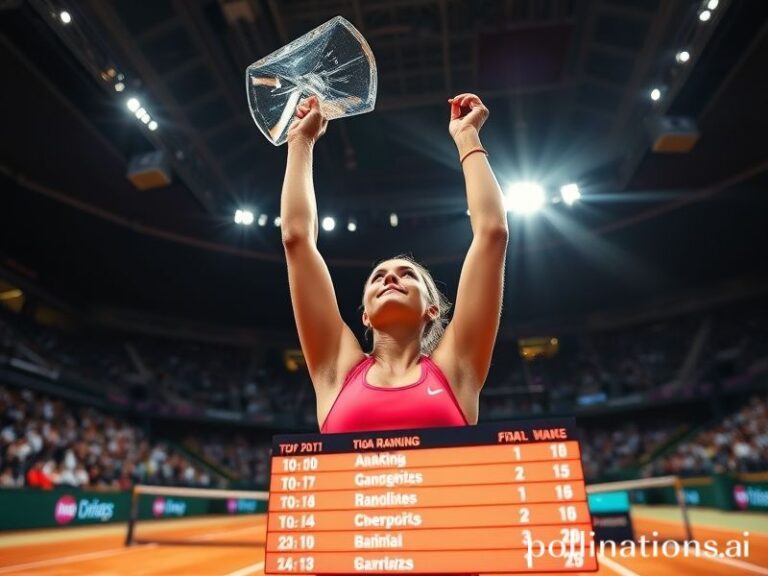Gravenberch: The Dutch Midfielder Who Became a Global Economic Indicator
Gravenberch, or How One Midfielder Became a Global Mirror
ZURICH—Somewhere between a Champions League quarter-final and a TikTok clip of him nutmegging a camera operator, Ryan Gravenberch stopped being merely Dutch and became a planetary weather vane. One week he’s the latest proof that Ajax’s academy could still squeeze genius from a clogged drain; the next, he’s Exhibit A in the argument that modern football is just a high-resolution meat market. Either way, his surname now travels in eleven languages, most of them misspelled with the enthusiasm of autocorrect on holiday.
From Lagos to Lima, the Gravenberch Transfer Tracker™ has become a more reliable index of geopolitical tension than the Baltic Dry Index. When Bayern Munich yanked him to Bavaria, the German press hailed it as “Lebensraum for the midfield,” which was either a tactical observation or a dog-whistle—hard to tell in a country that still debates speed limits like constitutional amendments. Meanwhile, Dutch pundits worried aloud that another prodigy had been fed to the Bundesliga’s talent grinder. Their concern was touching, if undercut by the fact that the same studio had just taken sponsorship from a cryptocurrency exchange whose CEO is currently “on sabbatical” in Montenegro.
Zoom out and the pattern is almost elegant: every time Gravenberch changes clubs, entire nations update their self-image. England’s tabloids treated Liverpool’s recent interest as evidence of post-Brexit virility—apparently nothing screams “Global Britain” like overpaying for someone who once wore orange boots. In Ghana, sports radio hosts debated whether his Surinamese roots meant the Black Stars should cap-tie him before the Dutch finally remembered colonial guilt is tax-deductible. And in Qatar, executives reportedly monitored his price tag the way commodity traders watch pork bellies, proof that even a 21-year-old’s hamstrings can be securitized if you squint hard enough.
The broader significance is grimly comic. Gravenberch’s career arc now functions like a mood ring for late capitalism: when he’s benched, Twitter blames “tactical inflexibility”; when he starts, the same accounts credit “generational talent.” The kid himself gives interviews in perfect PR Esperanto—words like “project,” “mentality,” and “process” strung together like a LinkedIn fever dream. Somewhere, a machine-learning algorithm is scraping those quotes to predict his next valuation, while a hedge fund in Connecticut is packaging that data into a collateralized loan obligation for European football rights. If that sounds dystopian, remember we once sold tulip bulbs for the price of canal houses; at least Gravenberch can do stepovers.
Global supply chains being what they are, even his boots carry diplomatic weight. Nike’s latest model on his feet is stitched in Vietnam, designed in Oregon, and marketed with a campaign shot in Cape Town. Each pair retails for roughly the monthly minimum wage in Suriname, birthplace of his father, who reportedly told a local paper that “the boy hasn’t forgotten us.” Cue three million euros’ worth of Surinamese pride, conveniently payable in easy installments.
And yet, amid the circus, the football itself remains stubbornly spherical. Watch Gravenberch glide past an opponent and you remember why nations still bother with flags: because 40 yards of grass can still feel like neutral territory, at least until VAR reviews it. The world’s problems—climate collapse, algorithmic authoritarianism, the fact that your toaster now has a subscription service—pause for exactly 2.3 seconds while he shifts the ball from right foot to left. Then the feed cuts to an advert for a betting company whose slogan is “Bet Regret.”
Conclusion: In the end, Gravenberch is neither savior nor symptom, just a kid whose calves have been drafted into the 24-hour news cycle. Still, if you want a snapshot of 2024, you could do worse: a Surinamese-Dutch midfielder, priced in euros, hyped in English, memed in Korean, and ultimately owned—until the next transfer window—by whichever conglomerate can monetize adolescent grace fastest. The beautiful game, they used to call it. These days it’s more like a beautiful IPO.







